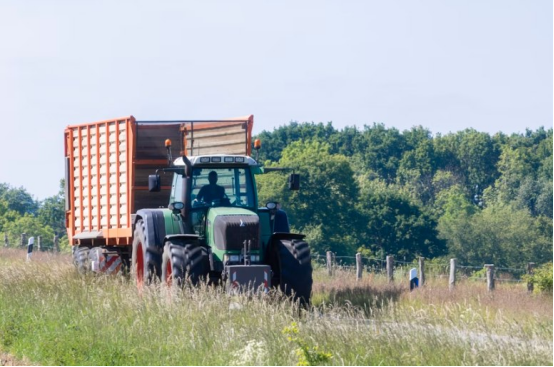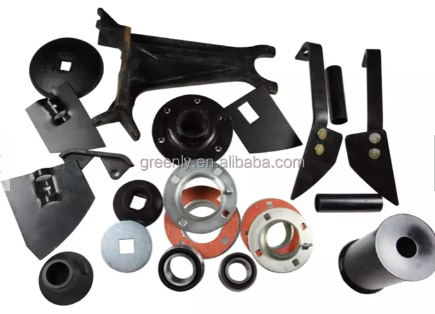Agricultural machines are an important part of any farm. They help to increase productivity and efficiency, which in turn helps to improve the bottom line. However, like any other piece of machinery, agricultural machines require regular maintenance and occasional repairs in order to function properly. In this article, we will provide a comprehensive guide on how to maintain and repair your agricultural machine.

In order to function properly, agricultural machines rely on a wide range of moving parts that must be properly lubricated. Lubrication helps to reduce friction and prevent heat build-up, two major causes of premature wear and tear. Without proper lubrication, the moving parts of the machine will eventually grind against each other, leading to expensive repairs or even total failure. Agricultural lubricants are specifically designed to protect against the unique challenges posed by farming conditions. They are typically made from a base oil that is refined to resist degradation from exposure to dirt, dust, and water. Additives are then added to further improve the performance of the lubricant. For example, anti-wear additives help to reduce wear on metallic surfaces, while rust inhibitors help to protect against corrosion.
As anyone who has ever owned a car knows, oil and filter changes are an important part of maintaining your vehicle. The same is true for other types of machines, such as agricultural equipment. Neglecting to change the oil and filters on a regular basis can lead to a number of problems, including decreased performance and increased wear and tear. Fortunately, changing the oil and filters is a relatively easy task that most people can handle themselves. Here at our farm, we always make sure to change the oil and filters on our agricultural machines regularly to keep them in good working order. The frequency with which you need to change the oil and filters will vary depending on the type of machine, but it is generally recommended to do so every 100 hours of use.
As any experienced handyman knows, regular maintenance is essential to keeping a machine running smoothly. In addition to changing the oil and filters on a regular basis, it is also important to inspect the machine for any signs of wear and tear. This includes checking for loose bolts and nuts, as well as examining all of the moving parts for any signs of damage. If you notice any problems, be sure to address them immediately. By taking a few minutes each week to perform a thorough inspection, you can head off potential problems before they have a chance to cause serious damage.

As any farmer knows, winter can be a tough time for agricultural machinery. With the cold weather and the potential for snow and ice, it is important to take some extra steps to prepare your machine for the winter months. One of the most important things to do is to make sure that all of the moving parts are properly lubricated. This includes the engine, transmission, and differentials. You should also check the level of antifreeze in the radiator and top it up as necessary. In addition, you should inspect the tires and ensure that they have enough tread. Finally, you should prepare some extra agricultural machinery parts. By having extras on hand, farmers can avoid the costly delays that can occur when they need to wait for new parts to arrive.
Thank you for reading our guide on how to maintain and repair your agricultural machine. We hope that you found this information helpful and that it will help you keep your machine running smoothly. If you have any questions or need additional assistance, please don't hesitate to contact us. We would be happy to help!